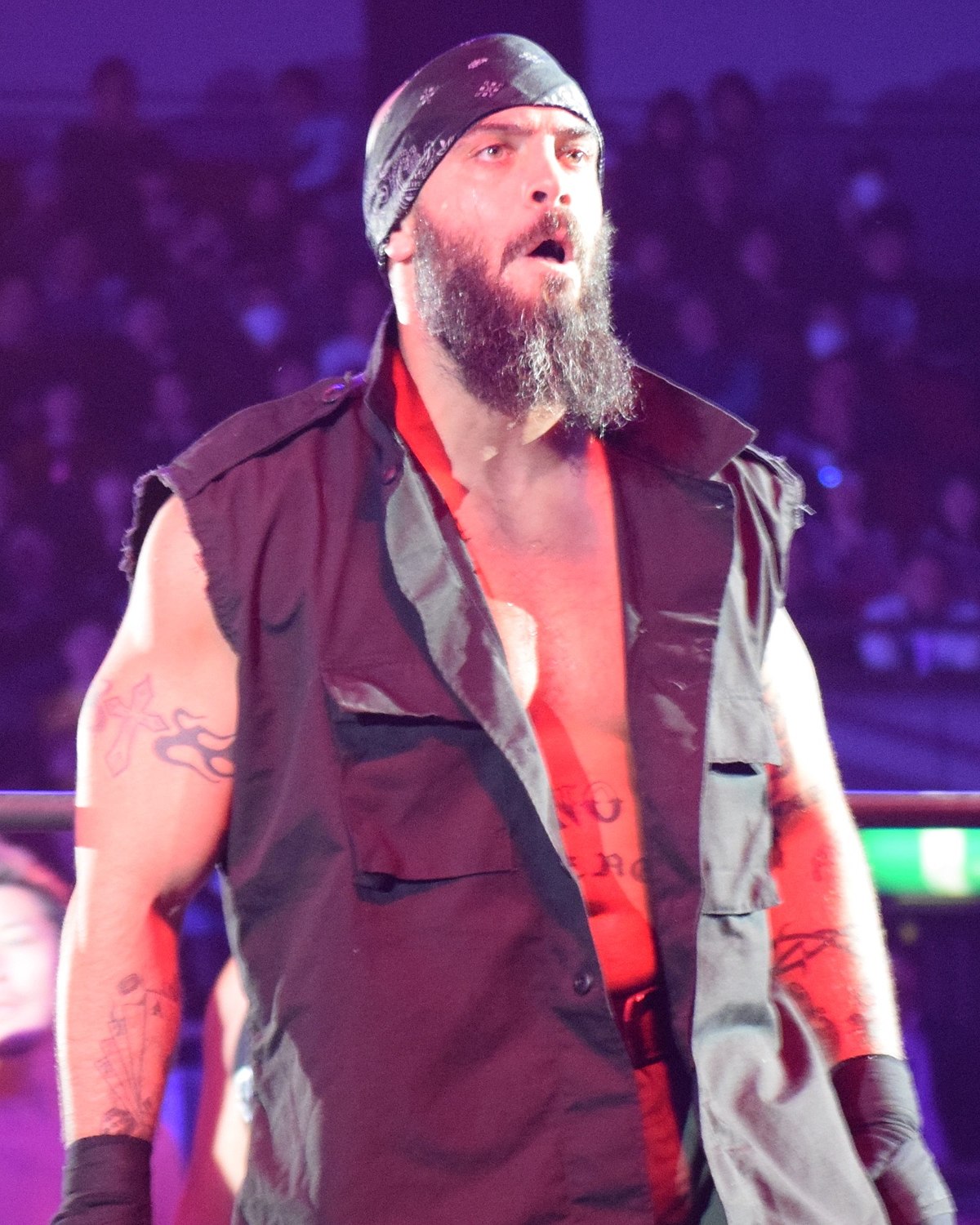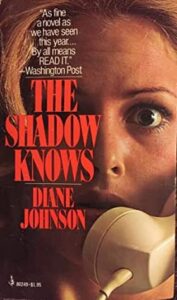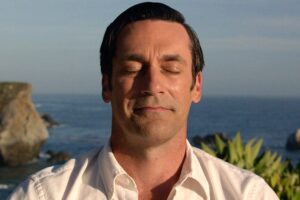Jamin Pugh, also known as professional wrestler Jay Briscoe, died last week. It was one of those moments where things slow down when you hear the news. The reasons I felt connected to a man like Jay Briscoe are plenty, but it stems farther back than when I started watching Jay wrestle.
Wrestlers dying young used to be the norm. When I was a kid, the first two wrestlers I heard of passing were The Renegade and Louie Spicolli. Louis Mucciolo Jr., or Spicolli, ended up dying from choking on his own vomit after attempting to quit drugs numerous times. Hearing of his mother’s cancer diagnosis led to him relapsing. Richard L. Wilson, or The Renegade, ended his life by gun by suicide during an argument with his girlfriend. He was depressed after losing his job wrestling on television and no other companies offering him a job.
The number of wrestlers who passed early in their lives continued. Some hit harder than others. I remember hearing about Chris Candido and feeling like my legs were weak. Candido was a huge wrestler in my youth. I was an ECW (Extreme Championship Wrestling) fan when I was a kid. Most other kids were obsessed with WCW or the WWF, and I was one of the kids who kept on talking about the small company that only came on at weird hours on Saturday nights. Hearing that one of my favorite wrestlers from that company passed on due to a blood clot made me feel horrible. It sounded unfair. It always sounded unfair.
I was at a wrestling show in June of 2009. We were setting up the ring and the sun was setting. Jon Johnson, the owner and one of the wrestlers, came up to me as I was carrying a couple of beams into the back of the bar that was holding the show and he had a sad look on his face. Jon never really looked down. He’s the type of guy who would always try to have a smile. He waited until I put down what was in my hands before telling me what was on his mind.
“Misawa died,” he said.
We had just watched a Mitsuhara Misawa match a few weeks before that day at my cousin’s house. That’s where I was living and where we were storing the ring. We would train there in the front yard and after one session I asked the guys to watch Kenta Kobashi and Misawa on my tiny Macbook. The guys stuck around and ate food while we watched a match from fifteen years earlier. It must have stuck in Jon’s head because he looked distraught, more than I had ever seen him before. Jon and my other friend Ryan had grown up watching tapes from Japan. Looking back I know it hurt him too, but he had a show to run and I had a ring to put together, so we shared a few sentences and that was that.
It wasn’t until later on that I learned that Misawa had died in the ring. He severed his spinal cord taking a move he had taken a million times before. The damage had just compounded to a point where a routine back suplex was enough to kill him. He was only 46. The entire event sounded horrific, and what felt worse was that the world on this side of the Pacific didn’t even seem to notice. Wrestling is such a niche thing, and when you take into account how small the population of that niche audience even pays attention to Japanese wrestling, especially back in 2009, I felt like no one really cared.
The truth is, no one did. Wrestling is one of those things in life that people automatically assume is a joke. The one thing that seems to be repeated to me by tons of people who know nothing about pro wrestling is how the magic is performed. I’ve been told that the chairs are fake. I’ve been told the blood is fake. I’ve been told that everything is fake. But I have learned firsthand that it is very little in wrestling that is truly fake. The chairs are actually steel. The blood is real, but it is drawn out from a razor blade MOST of the time. Terry Funk, one of the greatest wrestlers of all time, throws a left as hard as he can into his opponent’s forehead, and that’s why the damn thing looks so good.
The one thing you really can’t fake is passion. The people who choose to do this sport for a living are never half-assing it, especially if they are making a living doing it. Anyone who has stepped in the ring and performed in front of people will tell you how difficult it can be. Learning how to run the ropes and fall properly are not natural motions. Nothing about it is simple.
When Jay Briscoe passed, it felt very similar to the other deaths that hit close to home. Why? For many reasons, but the main one is that Jay was a man who made mistakes that hampered his career that he attempted to fix for the rest of his days. He never gave anyone a sob story about how life had been unfair. He accepted his fate and didn’t try to explain away what he had done. That takes fortitude that isn’t just hard to find in wrestling, but in life.
Jay didn’t contribute to his own death as many other wrestlers have in the past. He was driving along a road and a car swerved into his lane. This one of all the ones I’ve listed sounds the most unfair because all Jay was trying to do was get his daughters to cheerleading practice. It’s something that could happen to anyone.
And even now, today, life continues to go on. Just another wrestler passing before their time. No need to make a huge deal. But to me, it was a huge deal. Not just because a young wrestler died before their time, but because a good man who loved his family didn’t deserve to die so young.
RIP Jay and all the other boys who went before their time.



